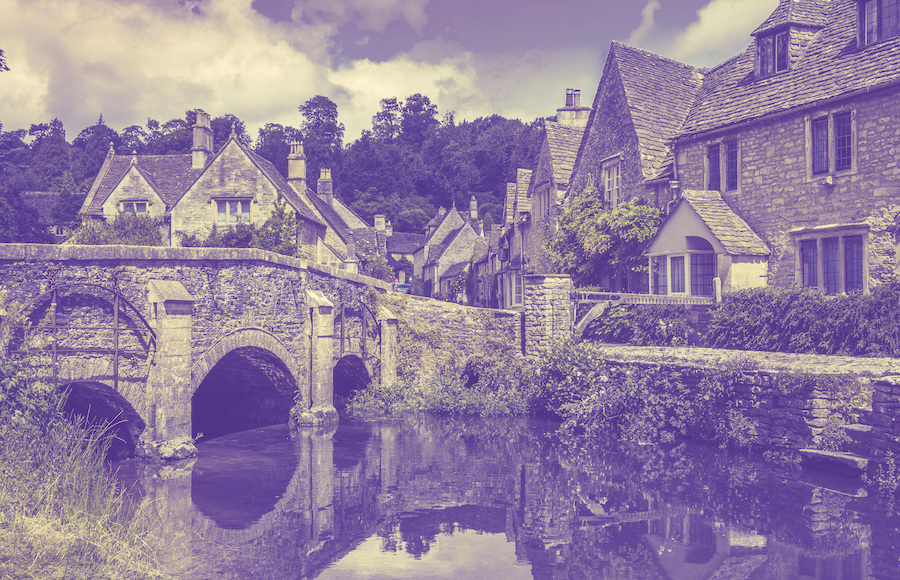With holiday let properties carrying an increased risk of damage, home emergency cover is a popular choice for owners that can’t be there 24/7 to monitor the condition of their investment.
It’s a double edged sword – if your property has a high occupancy rate, then the opportunity for maintenance tasks reduces. If your property is unoccupied for periods, then a leaky tap or broken boiler may go unnoticed for longer, causing bigger problems when they’re eventually discovered.
And when your next paying guests arrive and something’s not quite as they expected it, there can be huge disappointment, and wasted expense, for both of you.
Home emergency cover for your holiday rental property is a good investment when weighed up against potential lost rental income and high cost of repairs. Getting quick fixes for any annoying damage that, let’s face it, is never out of the question with property, will be your number 1 priority when an incident occurs.
What is home emergency cover?
Home Emergency Cover for holiday lets is usually sold as an optional add-on to your home insurance or holiday let insurance, and covers the cost of calling out engineers or tradesmen at short notice to deal with, and repair, sudden incidents such as your pipes bursting, boiler breaking down, gas leaks, roof problems, pest infestations, security breaches or issue with your electrics. Such incidents can cause wider damage if left unattended to, threatening both your property, neighbouring properties and, potentially, lives.
Home emergency protection can cover the cost of any call-outs required, labour and any parts required to fix the damage. Incidents will be brought to satisfactory remediation, without usually requiring your presence as a property owner on site, saving you a lot of time in managing and resolving the problem.
How do I buy home emergency cover for my holiday let?
Speak to your insurance provider to discuss adding home emergency cover to your policy. If you own a holiday let then this should be a holiday let insurance specialist, to guarantee you are protected when your property is inhabited by paying guests. Failure to have the right insurance can lead to your provider not paying out for claims. You can read our holiday let insurance guide to find out more.
With any home emergency cover purchased, you should check what’s included to ensure that it covers the areas of concern for you.
Prevention first
Prevention is always better than a cure. There are steps you can take to minimise the risk of an emergency incident occuring at your property, many of which are more prone in the winter months.
At Policy Powerhouse, always advise the following preventative measures in the lead up to winter:
- Protect pipes from freezing
Pipes are more likely to burst when they freeze because ice expands, putting more pressure on your pipes. Believe it or not, frozen pipes are one of the main causes of home insurance claims, and there are easy steps you can take to avoid it:
- Insulate your water tanks and pipes, particularly those in unheated areas like lofts and external walls
- Check joints in your pipework and adequately protect/reinforce weak areas that are more likely to burst
- If you go away, turn on your heating (particularly overnight when the temperature drops below freezing) in order to prevent your pipes from freezing
- Open loft hatches to let warm air circulate in cold loft spaces
- Make sure you know where your stopcock is just in case you do need to turn off your water supply suddenly
- Protect against water damage
In addition to damage caused by the cold weather, there’s also increased risk from flooding caused by heavy rainfall over the winter months. Flood risk is greatest near rivers and coastal areas, however for any of us there’s a chance that a blocked drain, hillside torrent after heavy rainfall, or blocked gutters can cause water to penetrate our properties.
Some ways you can protect yourself include:
- Servicing your boiler annually to prevent leaks or faults
- Check radiators for leaks
- Clear your gutters and downpipes – especially during autumn months when leaves and debris is more prevalent
- Make sure your drains are unblocked so that water can flow freely down them
- If you’re in a flood risk area, it may pay to get specialist advice on how to flood-proof your home for if the worst happens. Keeping a supply of sandbanks, water pumps, flood-proof doors and materials should all be considered.
- Electrical safety
We all know that electricity can be life threatening. When you own a holiday let, you have a duty of care for guests, so you need to ensure that you’re compliant with safety regulations.
This guide to electrical installations in holiday lets covers best practices to keep your risk low when it comes to electricity. We recommend the best time to carry out your checks is before the winter months when there is increased humidity and risk of flooding as we all know that electricity and water don’t mix well!
When it comes to insurance claims from electricity, your provider may well insist that these safety standards are adhered to and documented to process your claim.
Get a quote for Home Emergency cover for your holiday let
Policy Powerhouse offers home emergency cover for holiday lets as an optional extra with our specialist holiday let insurance. You can get a fast and easy quote online today.
